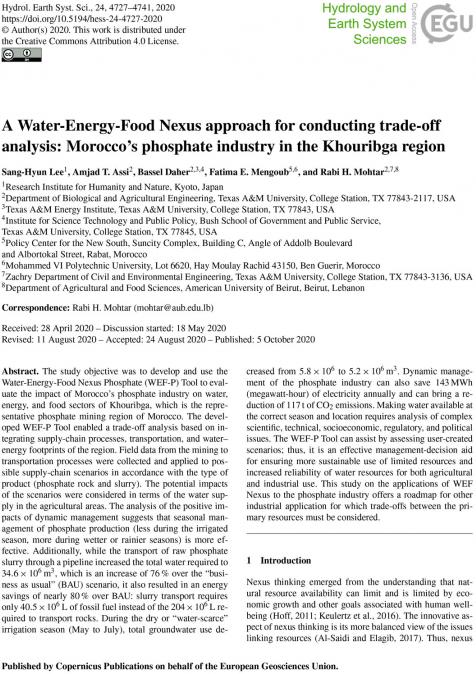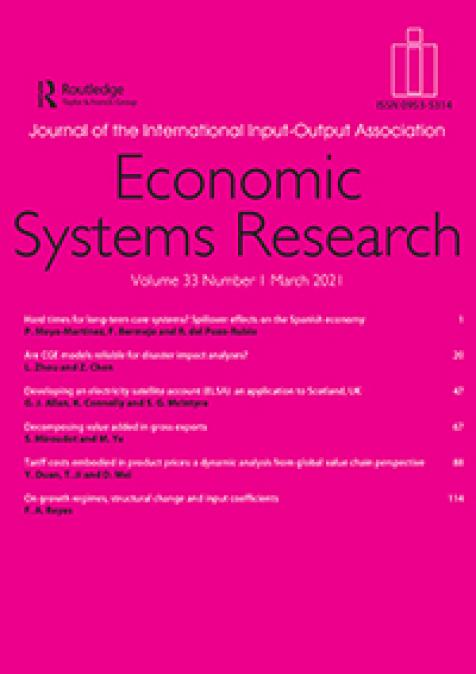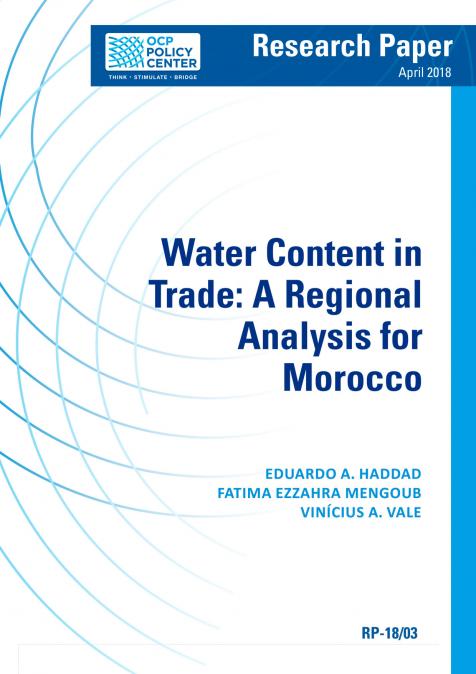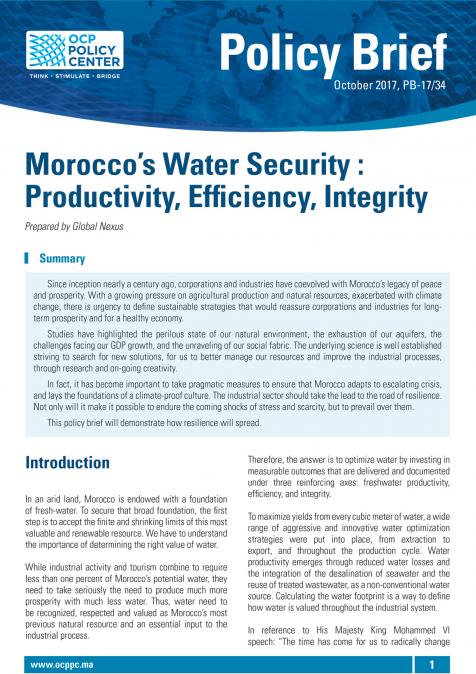يخصص مركز السياسات من أجل الجنوب الجديد حلقة برنامجه الأسبوعي "حديث الثلاثاء " لمناقشة موضوع ندرة المياه في المغرب وما تحمله من آثار على مختلف القطاعات الاقتصادية. فوفقًا لبيانات أصدرتها وزارة التجهيز والماء، لم تتعد إمدادات المياه 5 مليارات متر مكعب سنويًا في سنوات الجفاف الأخيرة ويُترجم هذا إلى توفر أقل من 150 متر مكعب من المياه للفرد في السنة، أي تحت عتبة النقص المطلق للمياه التي تقدر ب500 متر مكعب للفرد.
فما هي أهم البرامج الاستراتيجية الهادفة إلى سد الخصاص؟ وكيف سيتعامل القطاع الفلاحي مع هذه الأزمة؟ وكيف نضمن الأمن الغذائي في المغرب؟ و ماهي الحلول المطروحة أمام المغرب في حالة استمرار الجفاف؟
أسئلة استراتيجية نخوضها مع ضيفتنا السيدة أسماء الخمليشي، مهندسة زراعية وقروية متخصصة في قطاع الماء والبنيات التحتية والمديرة التنفيذية لمكتب الدراسات أكولتيس













